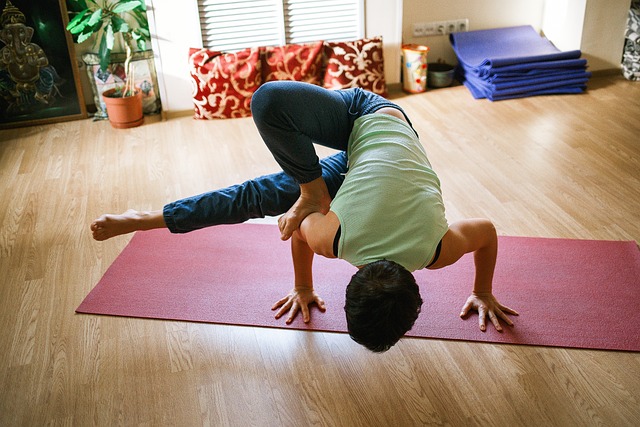Embarking on a journey to become a healthier version of yourself is a beautiful commitment, especially for a yoga student. The practice of yoga not only enhances flexibility and promotes mental well-being, but it also encourages a holistic view of fitness and health. To truly thrive in your yoga practice, integrating additional fitness training can elevate both your strength and endurance, laying a solid foundation for more advanced poses.
Firstly, understanding the importance of strength training is vital. As a yoga student, you may find that traditional yoga routines provide excellent flexibility and balance, but adding a strength component can prevent injury and improve your overall performance. Consider incorporating bodyweight exercises such as squats, lunges, and push-ups. These movements can be done without any equipment and align well with your yoga practice, enhancing the muscles that support your poses.
Next on the agenda is cardiovascular activity. Engaging in activities like running, cycling, or swimming can significantly benefit your yoga practice. These forms of exercise increase your lung capacity and heart health, which in turn allows you to maintain stamina during longer classes or while holding challenging postures. Aim for at least 150 minutes of moderate aerobic activity each week to complement your yoga sessions.
Flexibility should remain at the forefront of your training. Since your primary focus is yoga, you’re already accustomed to stretching. However, incorporating dedicated flexibility workouts into your routine can accelerate your progress. Activities such as Pilates or even additional yoga classes targeting different styles can broaden your understanding of movement and extend your range of flexibility.
Nutrition plays a crucial role in your fitness journey as a yoga student. Eating a balanced diet rich in whole foods, lean proteins, fruits, and vegetables will supply your body with the necessary nutrients for recovery and energy. Staying hydrated is equally important, as it affects your physical performance and mental clarity during practice. Consider adopting a nutrition plan that nourishes your body, aligning with your fitness goals and yoga regimen.
Another critical aspect to bear in mind is recovery. As you train, it’s essential to allow your body time to rest and repair. Make sure you integrate rest days into your routine, focusing on relaxation and restorative yoga practices. Techniques such as meditation, deep breathing, and gentle stretching can help in your recovery, enhancing the benefits of both your physical practice and overall health.
Engaging with a community can also provide an enriching experience that supports your growth as a yoga student. Surrounding yourself with like-minded individuals who share an interest in fitness and health can offer encouragement, accountability, and new perspectives. Participating in workshops or group classes can also deepen your understanding of different fitness approaches that can synergize with your yoga practice.
As you tread this path toward a healthier you, remember that the journey is personal, and it is essential to listen to your body. Tailoring your fitness pursuits to complement your yoga practice not only enhances the effectiveness of your workouts but also enriches your mind-body connection. Approach each session with curiosity, intention, and an understanding that every step you take is another step towards a more vibrant, healthier self.




